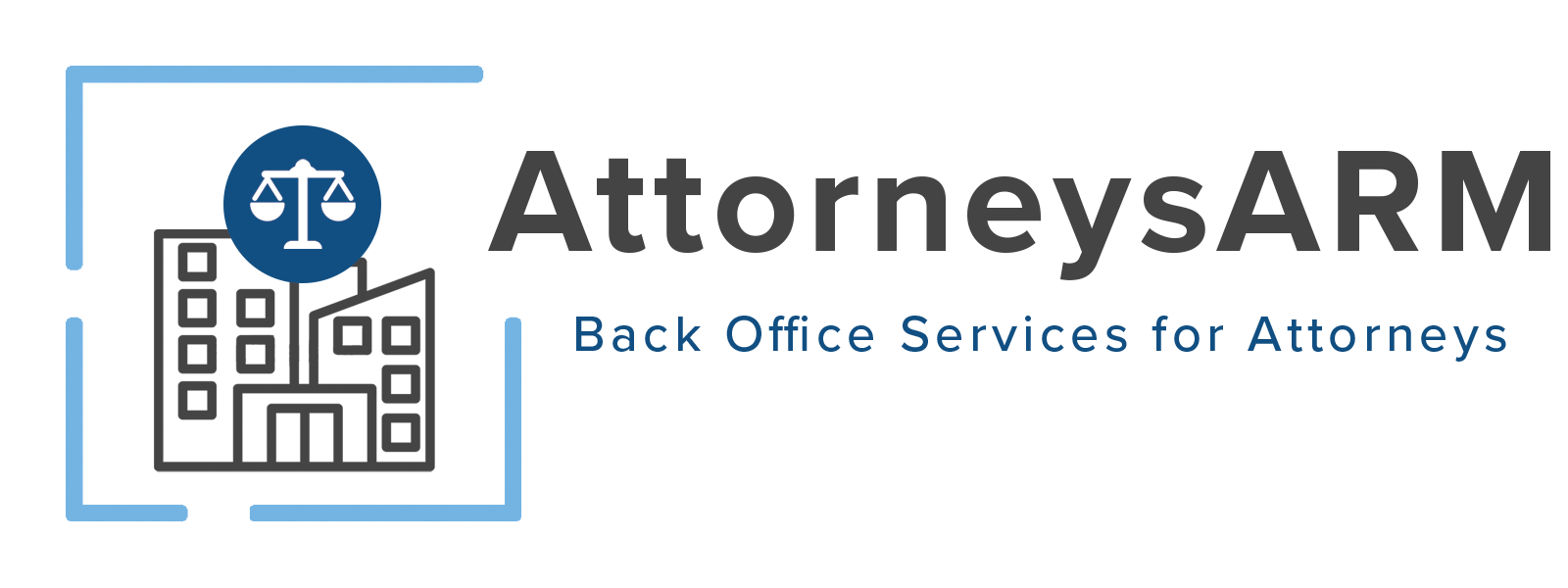Businesses that provide their services to other businesses aren’t immune from the process of collections. B2B collections is the term used to refer to the collections process when one business attempts to collect on money owed to them by another business. And the process is different from the consumer collections process because of the following 3 key reasons.
Deciding Whether to Engage in B2B Collections Requires Considerable Thought
There are several factors that must be weighed when deciding whether to start the B2B collections process. How long has the account been past due? How long has the business been a client? How much is owed? Has follow-up occurred to ensure that this simply isn’t a case of an invoice getting lost or the payment has yet to be approved because of a snag in processes for the client?
With consumer collections, you directly contact the consumer when the account is past due. With B2B, your main contact person may not be the individual who handles the approval of invoices or payment processing. It’s important to ensure that you can reach out and directly contact the proper parties. Collections, regardless of whether you’re dealing with a business or a consumer, may be seen as an overly aggressive action if it turns out that non-payment wasn’t an intentional occurrence.
The Nature of the Relationship
The nature of the relationship between a business who deals primarily with consumers and one who deals primarily with other businesses is also different. Even if a consumer has a contract with a business, it’s generally not for more than a couple of years. A business that provides services to consumers may have hundreds or thousands (or hundreds of thousands) of individual clients. Each contract is important, but it is the combined value of the active contracts that make up the bulk of the company’s bottom line. The business may also provide a la carte services to consumers without a contract, too. The relationship with each consumer is certainly important (especially since online reviews are very powerful tools), but losing one or two consumers may not affect the overall profit of the business unless the business is considered a micro-business.
With a B2B operation, relationships are a bit different. While they are more than likely contractual, they tend to be for longer periods of time and are often worth more than consumer contracts. A small business that serves other businesses may be able to fund its entire operation with one great contract. Relationships are extremely important. They must be maintained in a positive and mutually beneficial way.
Financing Often Plays a Part in B2B Operations
Another crucial difference between B2B collections and consumer collections is found in how the accounts are established. With consumer accounts, the consumer may make a monthly payment that reflects the services that they receive. For example, if someone signs a three year contract for cell phone service, they may pay $75 a month for a certain amount of data. If they want more data, they could purchase more data when they need it or they could permanently switch to an account that costs more and gives them what they need. Regardless, the consumer is required to pay the entirety of the bill each month or they will be in violation of their contract and lose their service.
With B2B accounts, they may be structured in a variety of ways. Some companies may prepay. Some may pay monthly. Some may pay quarterly. Some may have a credit line. Billing can also be complicated. Once the bill is sent to the business, it may have to go through a review and approval process before the payment is issued. Some companies may have a net 30 day payment policy. Some could be as long as 60 days.
Get Expert B2B Collections Help
B2B collections can get complicated. There are a lot of factors to consider. Clients ARM has more than 30 years of experience helping businesses get the money that they’re owed. If you’re providing services to businesses, make sure that you have an expert who can help you. To learn more about how Clients ARM can help, schedule your free, no obligation consultation.




